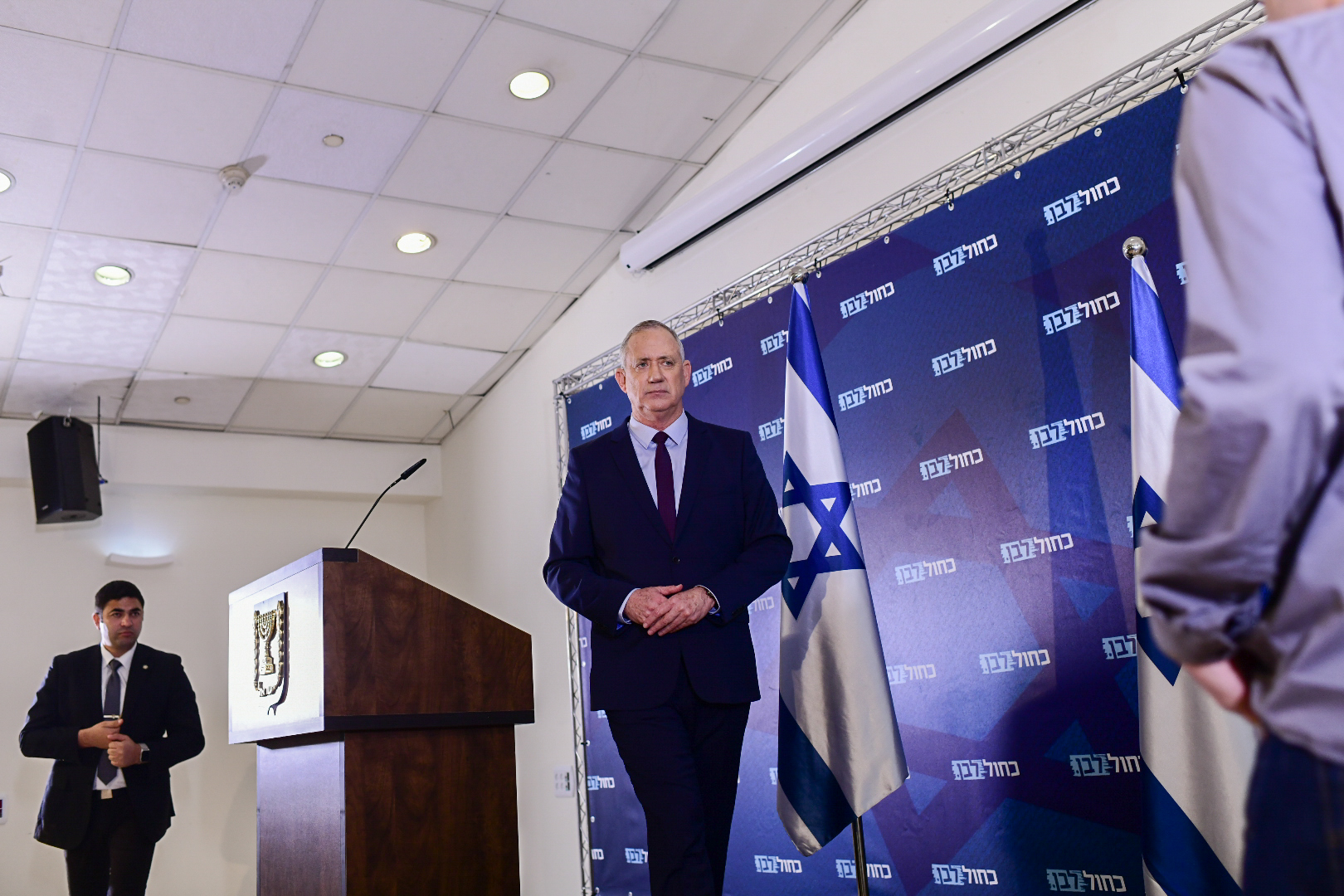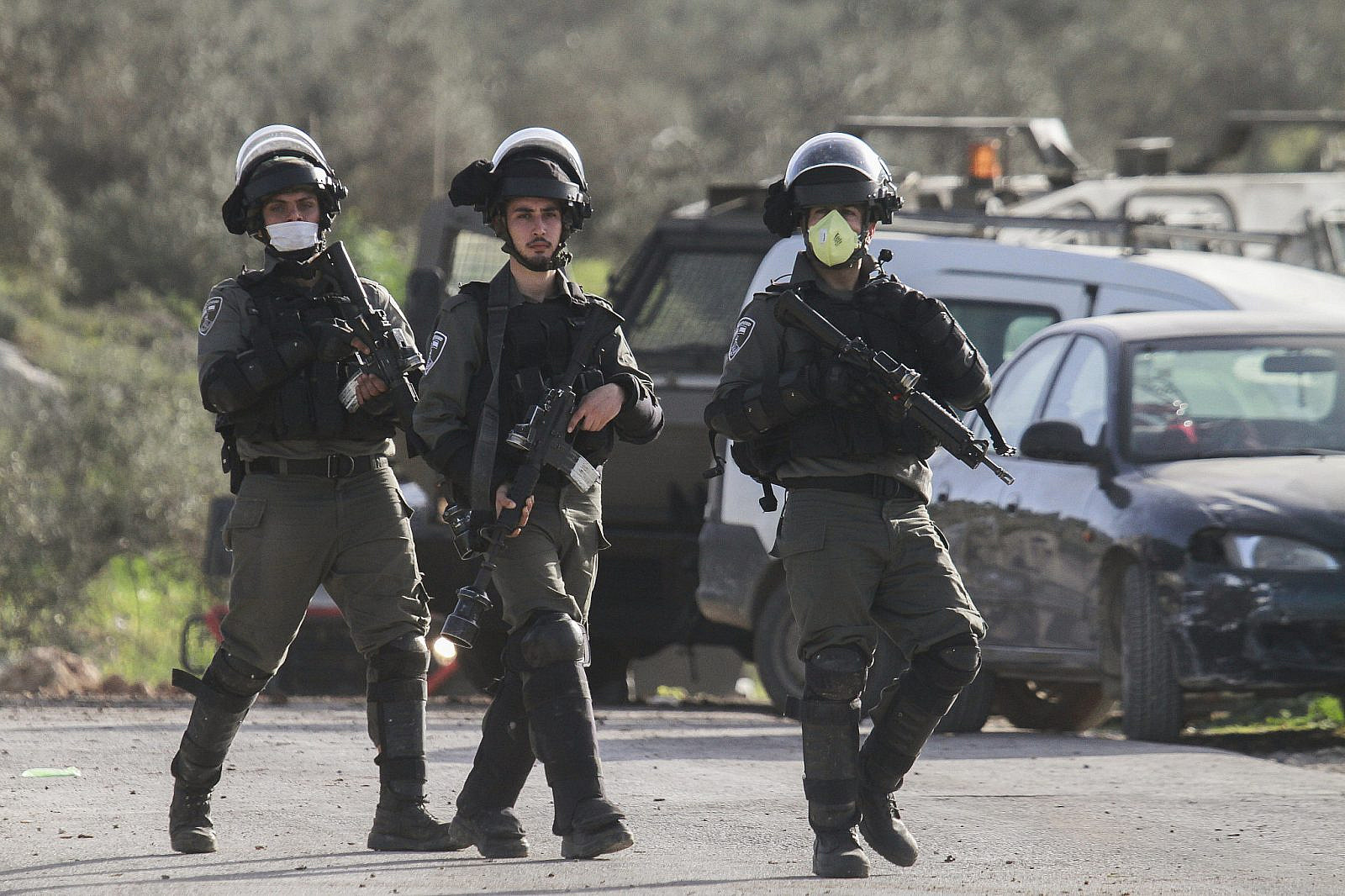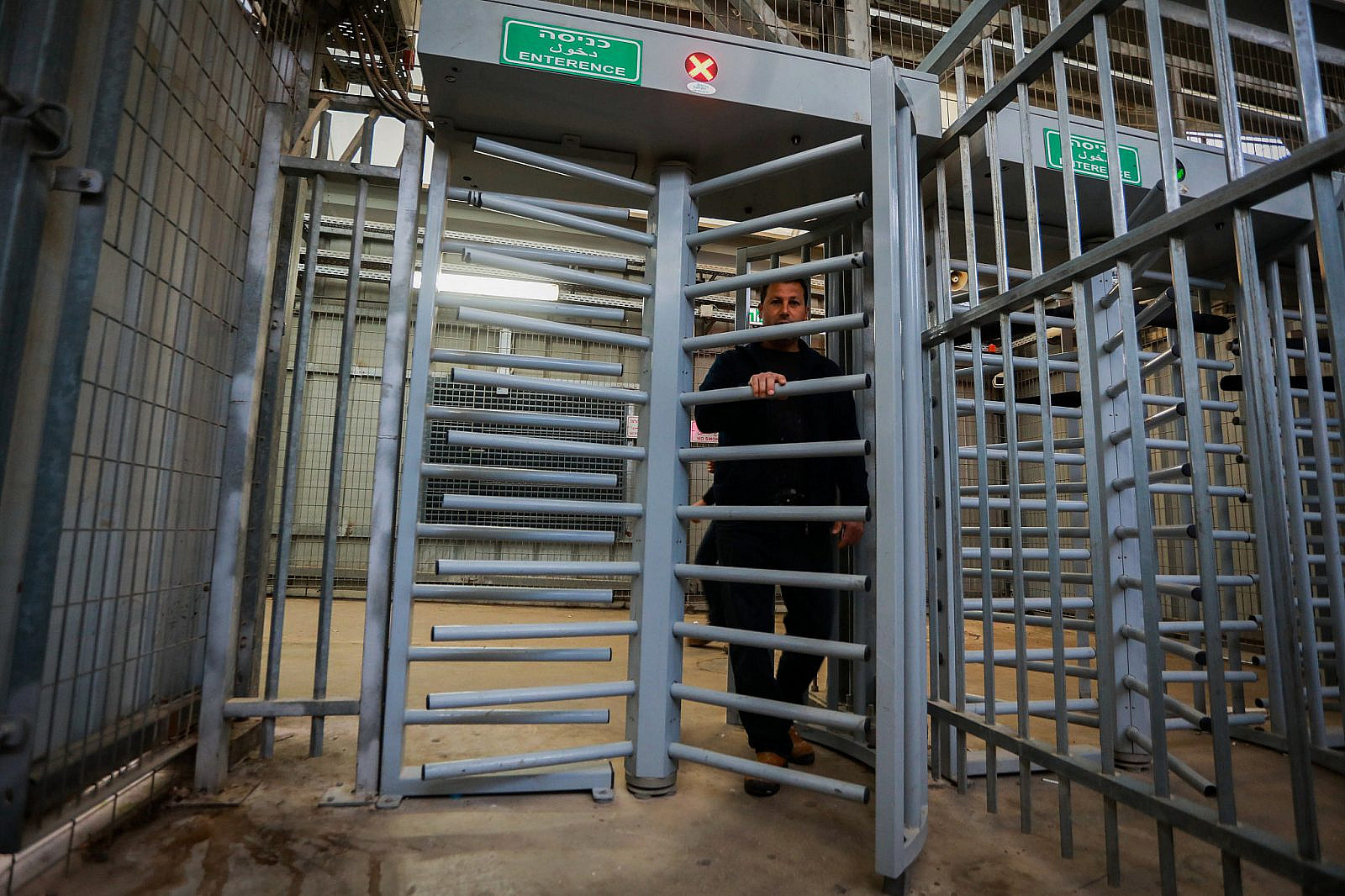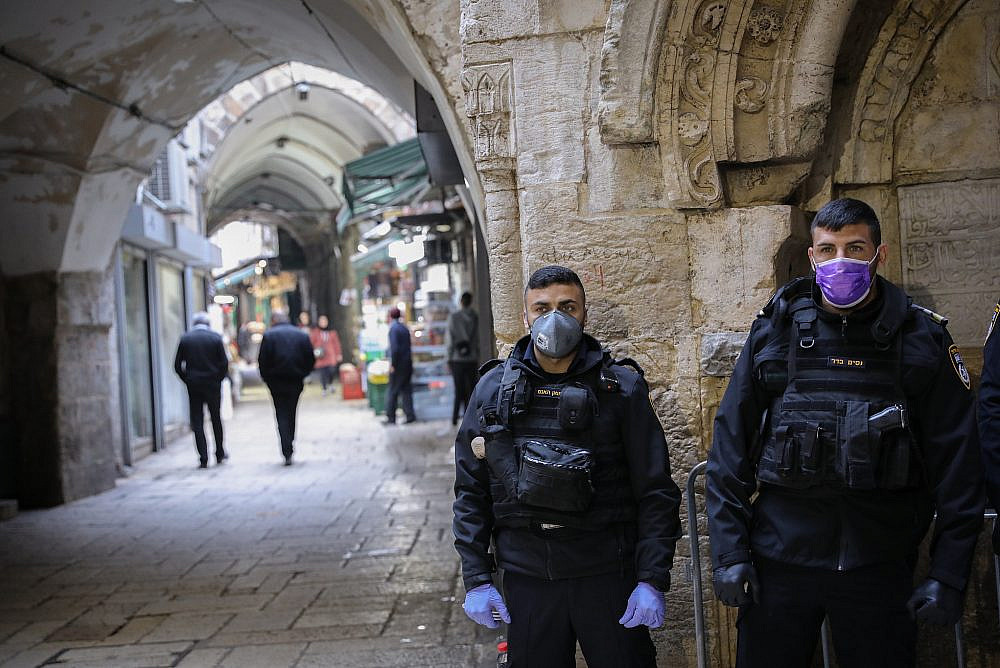Israel’s unilateral annexation of parts of the occupied West Bank can officially move forward as of July 1, according to the terms of the new emergency coalition government announced this week.
This significant policy move has been a longtime ambition for many Israeli political actors. Yet it is no coincidence that the latest step toward its realization — which could finally put the perennial ghost of the two-state solution to rest — is being rapidly advanced in the midst of a historic global health crisis.
Over the past two months, while the world stumbles through the COVID-19 pandemic, the Israeli government led by Prime Minister Benjamin Netanyahu has enacted a number of measures that are deepening Israel’s control over Palestinian lives and further undermining their rights and liberties.
What initially began as disregard by the Israeli government to the fate of Palestinians during the pandemic, quickly turned into an active attempt to utilize the chaos of the health crisis to maximize Israel’s gains at the expense of Palestinians.
The government’s latest push for annexation is a continuation — and escalation — of this trend.

Utilizing the crisis
The impetus for taking such immediate political action under the cover of the coronavirus crisis was spurred in early March when then-Justice Minister Amir Ohana, a Likud member and Netanyahu appointee, closed the Israeli courts on the grounds of public health concerns, thus postponing the indicted prime minster’s corruption case to late May.
Netanyahu appears to have paid relatively little political cost for this move, which undermined Israel’s judiciary and helped to postpone accountability for the prime minister’s alleged crimes. Indeed, the episode seems to have encouraged Netanyahu to push the limits of his political goals — including annexation — while the pandemic persists.
Netanyahu has long held out promises to his base to formally annex the Jordan Valley and various settlement blocs in parts of the occupied West Bank — a move that the United States has effectively approved, including through the Trump administration’s “Deal of the Century,” but which the European Union continues to oppose.
Benny Gantz, the former leader of the opposition turned deputy prime minister, also declared his support of the policy during Israel’s three elections over the past year, and has now officially greenlit the plan by signing this week’s coalition agreement.

For Netanyahu’s Likud party, pursuing annexation at the height of the coronavirus crisis has several advantages. For one, the international community is distracted with fighting the pandemic. This is doubly so for the EU, a key proponent of the two-state solution, which has been burdened by high casualty and infection rates from COVID-19 in countries like Italy, Spain, and France.
This distraction is also the case domestically. While a recent poll suggests only a third of Israelis support plans for unilateral annexation, any public opposition to the policy is likely to be curtailed by fears over the coronavirus and the resultant lockdown restrictions. People who are concerned for their jobs and the health of their families are unlikely to worry about what they perceive to be a political matter affecting other people far from their immediate line of sight.
Not everyone in Israel has been distracted, however, as various human rights organizations condemned the declaration of annexation in the coalition agreement. “To Benny Gantz we say, ‘Don’t sell us stories about an emergency government to fight the coronavirus when you are in fact a partner in establishing an annexation government,’” Brian Reeves, director of development and external relations at the NGO Peace Now, said in an April 20 statement.
From neglect to intent
Israel’s attempts to benefit from the coronavirus crisis at the Palestinians’ expense is no surprise to many observers. Still, the trajectory of its actions over the course of the outbreak suggests that its policies could seriously escalate in the coming months.

At the start of the pandemic, Israel’s approach to Palestinians was one of “neglect,” says Jessica Montell, executive director of HaMoked: Center for the Defence of the Individual. Uninterested in the welfare of Palestinians in Israel and in East Jerusalem (citizens and permanent residents, respectively), the government failed to publish information on the coronavirus in Arabic until weeks into the crisis, and it did not provide sufficient testing in Arab towns and neighborhoods. “In a lot of cases, our concern is simply that Palestinians are not on their radar,” says Montell.
Soon, however, several government and security practices shifted from indifference to intent, with the clear aim of “privileging one population over the other, or exploiting the situation to advance political goals,” as Montell puts it.
One such move was a recent requirement by Israeli authorities that Palestinians with pending permit requests — for work, travel, medical access, or other reasons — download an application to their smartphones. Dubbed “Al-Munasiq,” or “the Coordinator” in Arabic, the application’s permissions include consent authorizations that grant the Israeli security services access to a user’s contacts, microphone, camera, and location data.
While the application itself is not officially mandatory, because Israeli civil administration offices are closed due to the coronavirus, West Bank Palestinians are compelled to turn to the new program in order to monitor their permit’s validity.
Israeli government representatives have so far given no explanation for why that data is necessary for the application, either to combat COVID-19 or to process the individuals’ permit requests. A representative of the Coordinator of Government Activities in the Territories, the Israeli military body responsible for administering the occupation, did not respond to questions or interview requests for this story.
This suggests that Israel is pushing for further technological surveillance to gather more personal data on the Palestinians under its control.

In addition, Israeli authorities are jealously guarding their control over Palestinian communities in occupied East Jerusalem — even as they fail to provide these neighborhoods with COVID-19 protections on a par with nearby Jewish neighborhoods.
This month, for example, Israel arrested Fadi Al-Hadami, the Palestinian Authority’s Jerusalem Affairs Minister, and Adnan Ghaith, the Palestinian governor of Jerusalem, accusing them of conducting illegal political activity on behalf of the PA. Other Palestinian volunteers have reportedly been detained and their materials confiscated while distributing food or disinfecting streets.
The two officials “were involved in efforts to curb the spread of the pandemic,” says Rania Muhareb, a legal researcher at the Palestinian NGO Al-Haq. “They were arrested for taking measures that the Israeli authorities are not taking themselves to ensure that the spread in East Jerusalem communities is contained.”
Window into annexation
East Jerusalem, which Israel occupied in 1967 and annexed in 1980, offers a window into the fate of Palestinians who will be subjected to Israel’s new annexation push in other parts of the West Bank.
The combination of neglect and authoritarian control — in addition to violating their basic rights — threatens to weaken Palestinians’ resilience against COVID-19. Jewish Israelis on both sides of the Green Line, meanwhile, will receive primary attention in the fight against the disease.

For the people living under Israeli rule in the soon-to-be annexed regions of the West Bank, arguably little will change on the ground. It is unlikely that there will be scenes of Israeli troops suddenly sweeping into Palestinian towns and village in armored vehicles to claim swathes of land; those forces have already been there for decades, the territory firmly under their control. Even today, Hebrew road signs do not stop at the Green Line; they are scattered throughout the West Bank.
The change brought by formal annexation, at least in the short term, will be more about definition and legality. For Israel, the half a million citizens who live in West Bank settlements will now reside firmly within the sovereign state of Israel, defying the international community’s assertion that their presence is illegal under international law.
The Palestinians whose homes will be annexed, on the other hand, may find themselves turned into foreign residents in a “Jewish state” in their own homeland.
Still, the consequences of these severe practices on Palestinians is inevitably a danger to Israelis, too — not least in the face of the coronavirus outbreak. “No community or geography is immune from this — it knows no boundaries,” says Jamie McGoldrick, the United Nations’ development and humanitarian coordinator in the occupied Palestinian territories. “You can’t curtail communities or factions.” This is true during a pandemic, and just as true after it.

